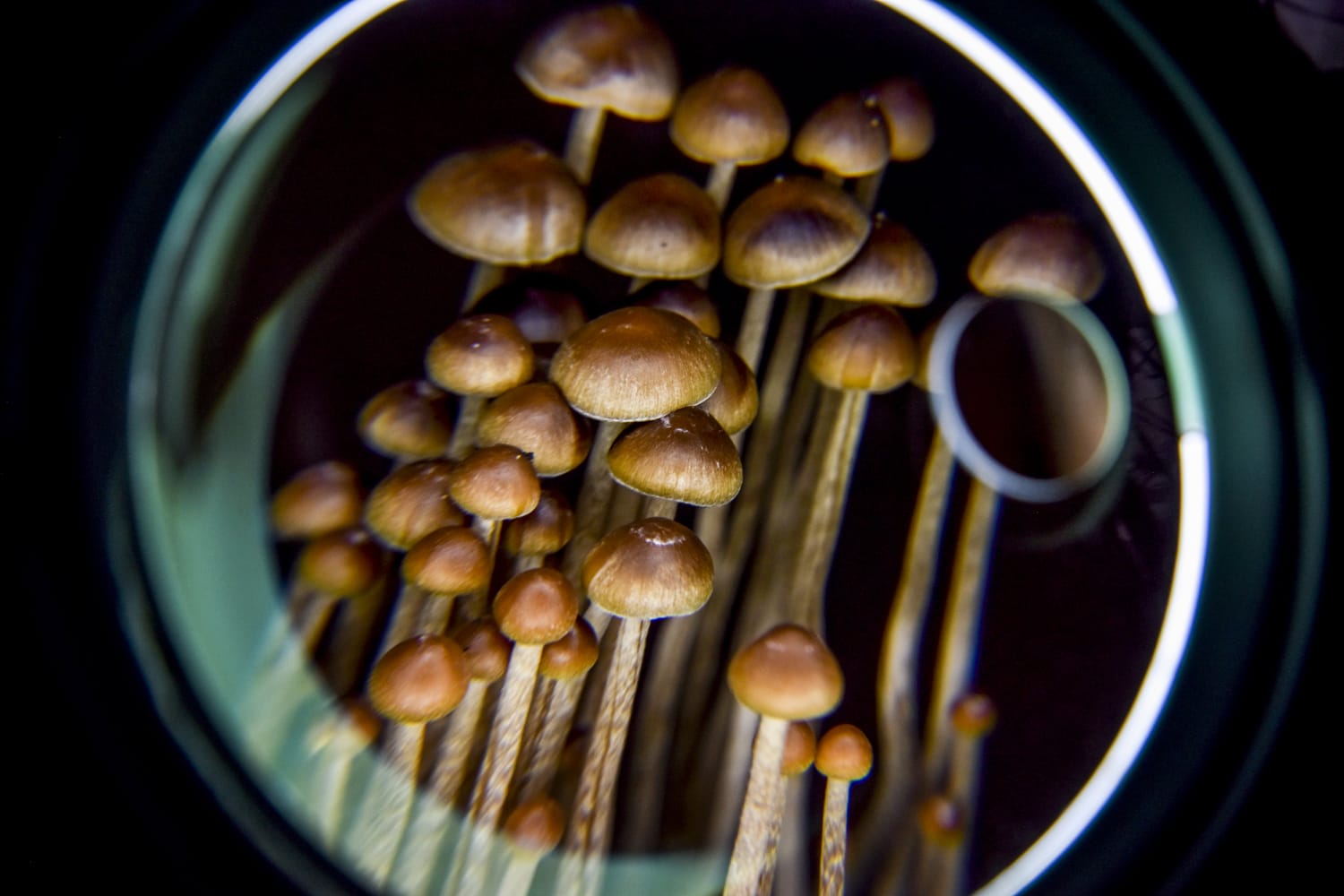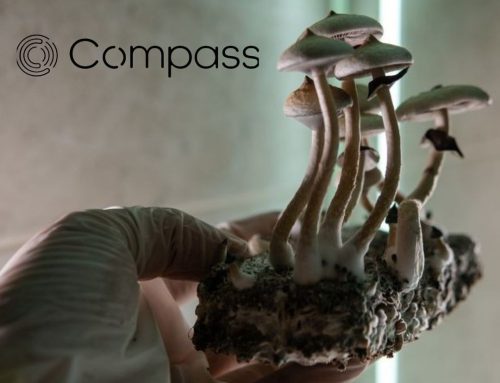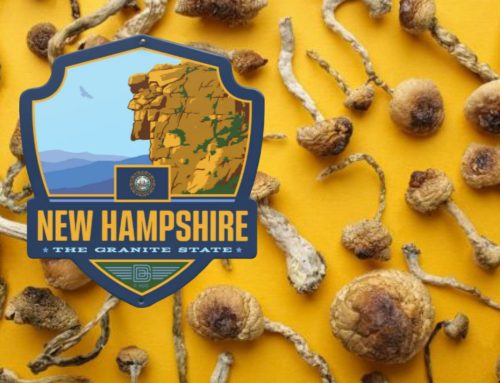Psilocybin Shows Potential for OCD and Tourette’s Treatment, Study Finds
LOS ANGELES- A new study published in Molecular Psychiatry has identified psilocybin, a psychedelic compound, as a promising candidate for the treatment of obsessive-compulsive disorder (OCD) and Tourette’s syndrome. Conducted by researchers at the Hadassah-Hebrew University Medical Center, the study highlights the long-lasting therapeutic effects of psilocybin in preclinical trials using animal models.
Led by Professor Bernard Lerer, the research focused on genetically modified mice that exhibit behaviors akin to OCD-like symptoms—such as excessive grooming—and tics, which are characteristic of Tourette’s syndrome. The study evaluated the impact of a single dose of psilocybin, a psychedelic mushroom extract, or a placebo, with researchers observing the results over a three-week period.
The findings were significant. Mice treated with psilocybin experienced a 14.6% reduction in excessive grooming, while those administered the mushroom extract demonstrated a 19.2% reduction. In contrast, mice receiving the placebo exhibited a 118.71% increase in grooming behaviors. Additionally, anxiety levels and tic-like movements improved, with the mushroom extract showing particularly strong effects on anxiety symptoms. Notably, the therapeutic benefits lasted up to seven weeks for some subjects.
“Understanding that over 40% of OCD patients don’t find relief with current treatments, our findings are crucial as they suggest a new way to help these individuals,” said Prof. Lerer.
The study also points to the potential for psilocybin to address Tourette’s syndrome, as indicated by reductions in tic-like movements. Researchers are now looking forward to advancing this work into human clinical trials.
With an estimated 2–3% of the global population affected by OCD and Tourette’s syndrome impacting approximately 1% of children, there is significant demand for novel treatments that offer lasting relief. Current therapies, including selective serotonin reuptake inhibitors (SSRIs) and behavioral interventions, are not effective for all patients and can come with significant side effects.
This research adds to growing interest in the potential of psychedelics to revolutionize mental health treatment. Psilocybin, alongside other compounds, is increasingly being studied for its ability to address conditions that have proven resistant to conventional approaches.
As human trials approach, the findings reinforce the importance of continued exploration into alternative therapies for complex psychiatric conditions. The prospect of psilocybin-based treatments offers hope for individuals whose symptoms have remained challenging to manage with existing medical options.




































